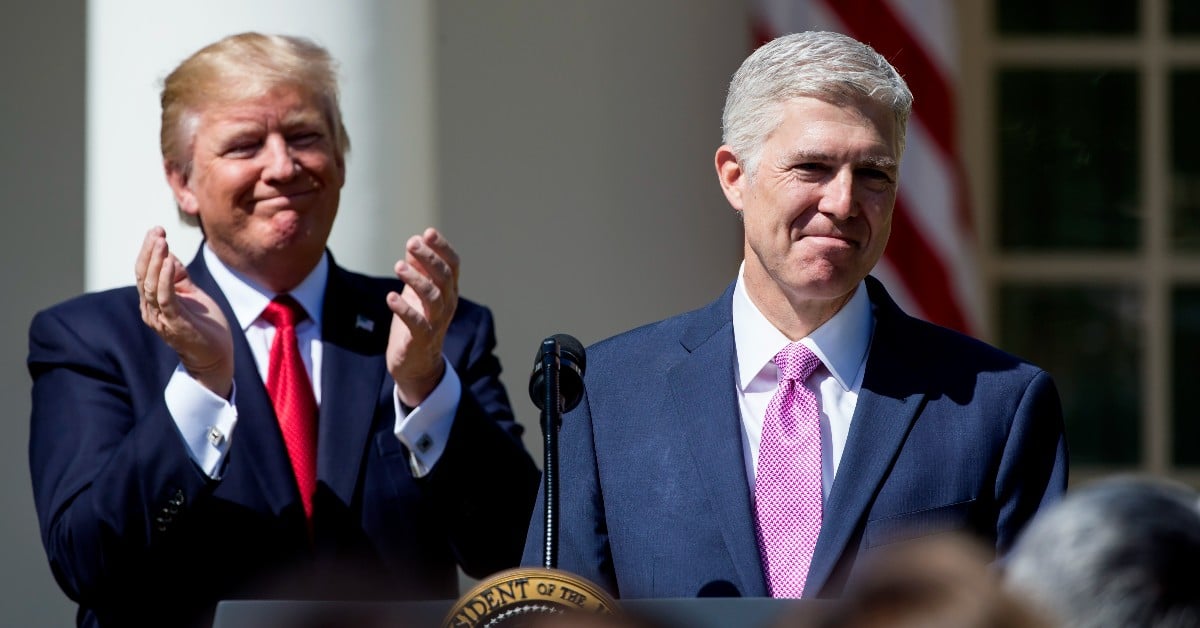OPINION: This article may contain commentary which reflects the author's opinion.
A Constitutional law professor has predicted that the U.S. Supreme Court is likely to overrule Roe v. Wade.
University of St. Thomas law professor Teresa Collett argued that abortion “has no roots in the Constitution.”
“Roe is purely a judicial creation — it has no roots in the language of the Constitution, American history, or our legal traditions. As such, what the Court created, the Court can reject,” she told The Catholic Spirit.
After nearly 50 years of abortion on demand, Collett said the court finally may overturn Roe.
“Truth is on our side,” she said. “As a majority of the judges on the U.S. Court of Appeals for the Eighth Circuit recognized in Planned Parenthood v. Rounds, abortion terminates ‘the life of a whole separate, unique living human being.’”
“Roe v. Wade was a political decision when made, and it remains a deeply contested political decision today …” she said. “Whether the Court overrules or upholds Roe v. Wade, large numbers of Americans will see the Court as issuing a political decision.”
Collett continued: “The case of Roe v. Wade was originally accepted by the Court to decide a narrow procedural issue. It was only through a series of historical accidents and the determination of Justices (William) Douglas and (William) Brennan that a majority of justices were persuaded to transform the case into one focused on the constitutionality of abortion.”
“We are winning the hearts and minds of our fellow citizens on this issue. We must simply pray and persevere as we continue walking with moms in need,” she said.
Back in December, the Supreme Court heard oral arguments in the most important abortion case in nearly three decades.
The nation’s highest court is reviewing a Mississippi law that would ban nearly all abortions after 15 weeks.
During oral arguments, Justice Clarence Thomas asked a pointed question that should have pro-abortion liberals worried.
”Does a mother have a right to ingest drugs and harm a pre-viable baby? Can the state bring child neglect charges against the mother?“ he asked.
The attorney representing Jackson Women’s Health Organization, the organization attempting to overturn the law, had this to say: “That’s not what this case is about, but a woman has a right to make choices about her body.”
Thomas has long been a target of liberal pro-abortion activists, especially given he’s arguably one of the most pro-life justices to ever sit on the bench.
Chief Justice John Roberts and Justice Brett Kavanaugh might be the deciding votes on the case.
Roberts and Kavanaugh might be looking at a “middle ground,” where they may not support completely reversing Roe v Wade:
Roberts suggested the court could look at Mississippi’s 15-week law as a new viability standard, rather than Roe and Casey, which is over 20 weeks. And Kavanaugh, meanwhile, has asked to confirm that Mississippi isn’t asking the court to outright prohibit abortion, a way to say it’s not overturning Roe while limiting access.
Kavanaugh asked another set of questions suggesting he is inclined to rule with Mississippi and even go as far as reverse Roe.
In broad strokes, he sums up Mississippi’s argument asking the court to interpret the Constitution as neutral on abortion and to return the issue to state or Congress. He asked Rikelman to respond.
Then he asked a question about stare decisis, ticking off several “consequential” decisions — including on school segregation, voting rights, and business regulations — where the court overturned precedent.
Kavanaugh also seemed to suggest that he may be open to limiting abortion:
Justice Brett Kavanaugh asked a question that seems aimed at the arguments made by abortion-rights advocates that a decision overturning Roe v. Wade would be a step towards the Supreme Court eventually issuing a decision that would outlaw abortion nationwide.
Kavanaugh asked Mississippi Solicitor General Scott Stewart to confirm that his state is not making an argument that the court should prohibit abortion. Mississippi is arguing that the Constitution is silent or neutral on the abortion question. Kavanaugh asked Stewart to confirm, which he did.
“The Constitution is neither pro-life nor pro-choice … and leaves the issue to the people to resolve in the democratic process,” Kavanaugh said.
